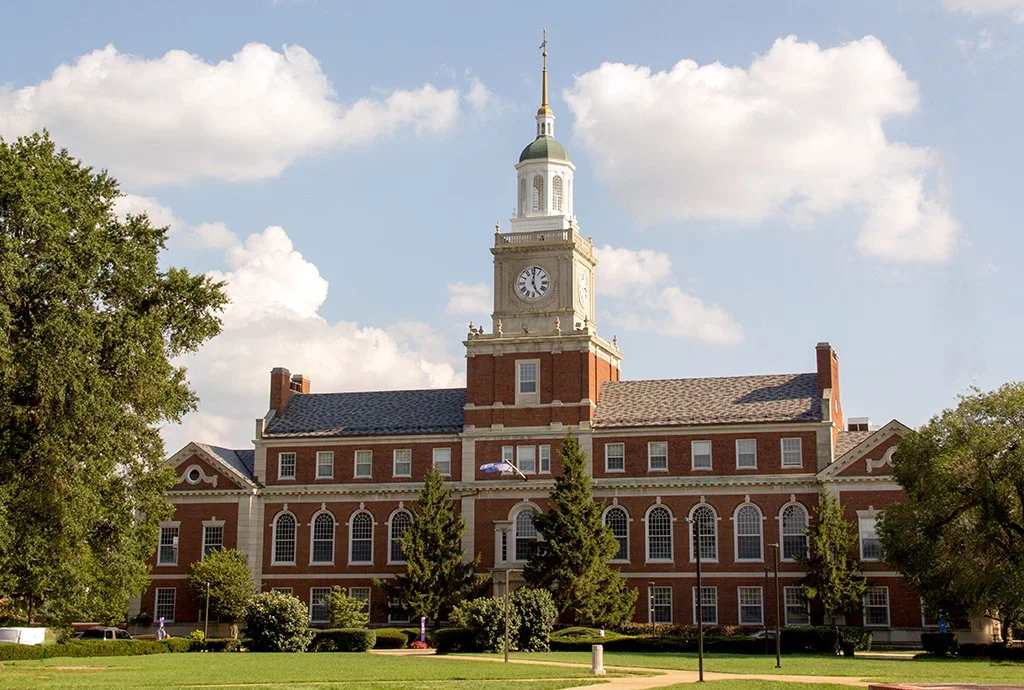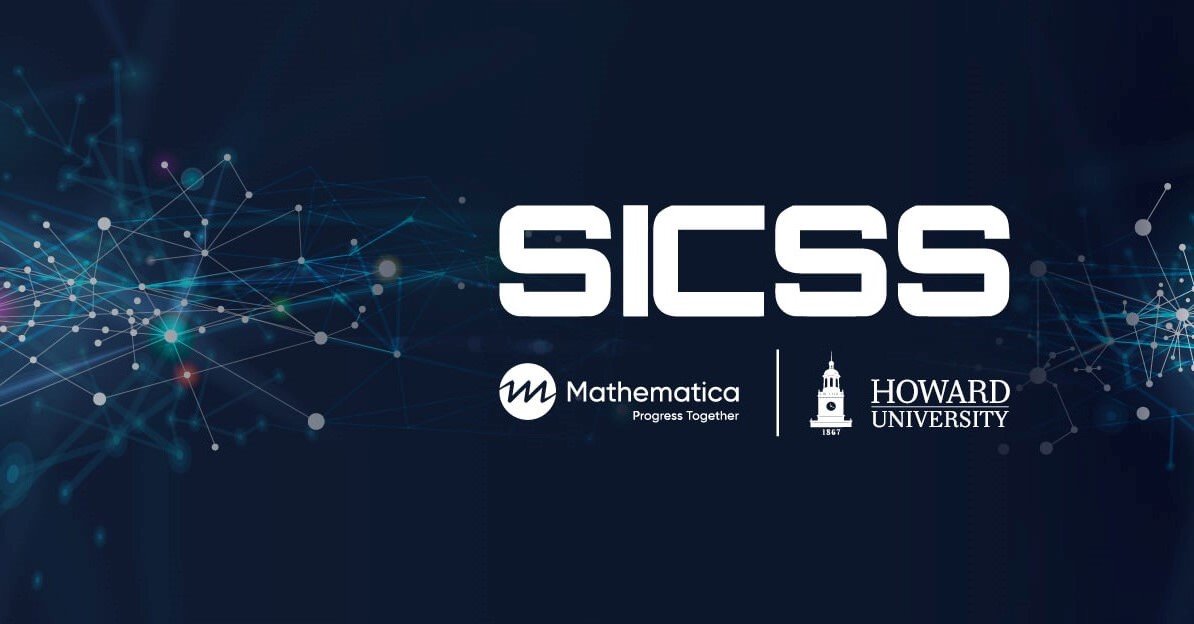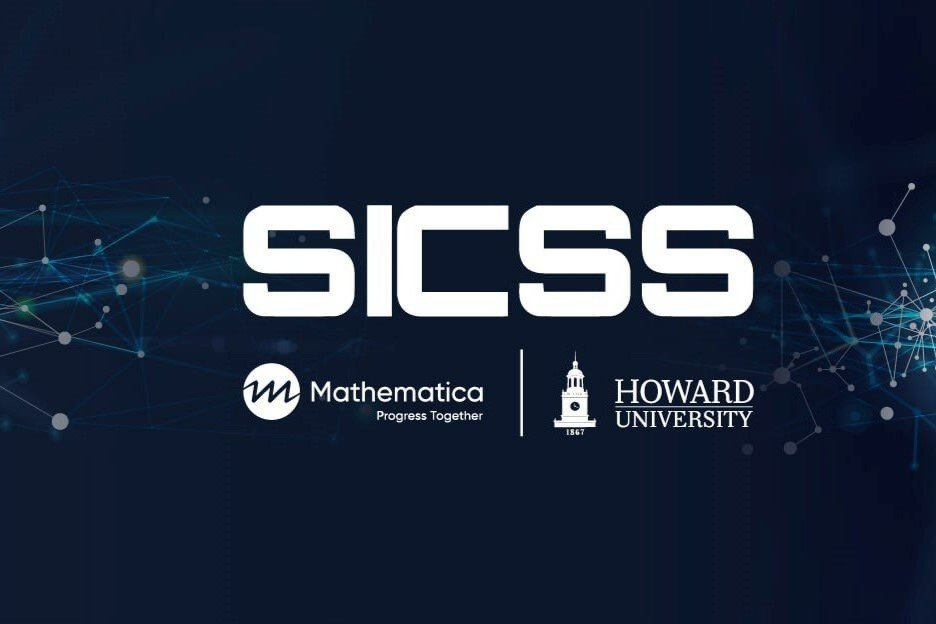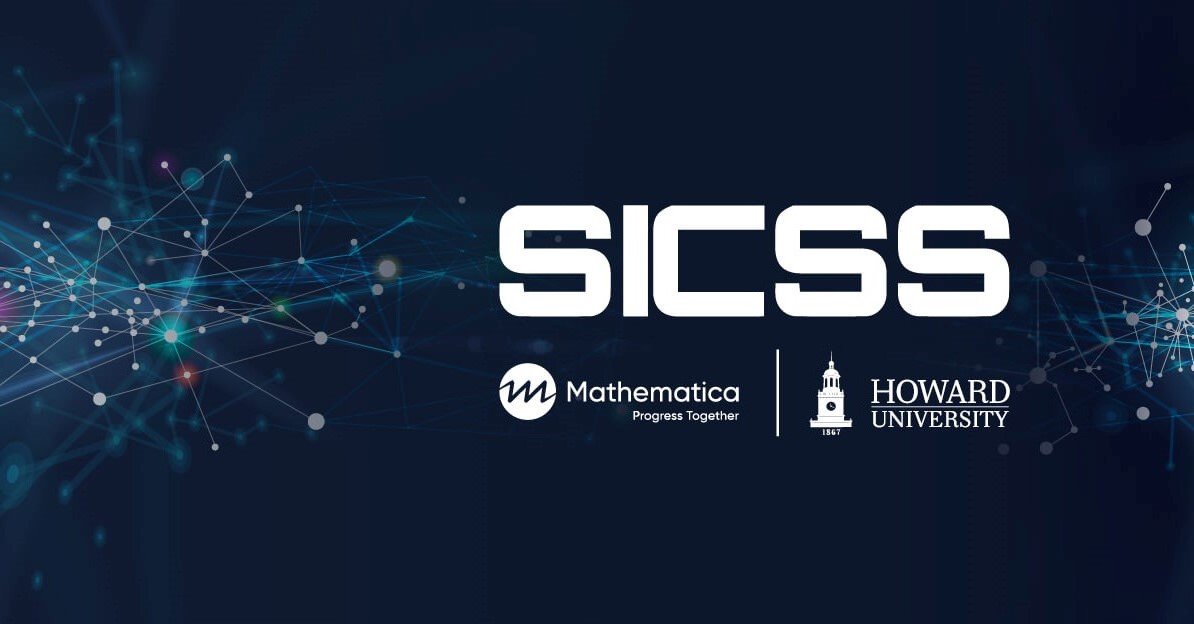Archival Research on Black History
by Janet Salmons, PhD, Research Community Manager for Sage Research Methods Community
The Sage Research Methods Community focus for Q1 of 2023 is on research design, including identifying problems that merit investigation and finding ethical ways to study them. Research using extant data is an approach to consider, whether as the basis for a review study or the foundation for a broader inquiry. Way back when, I visited archives where white-gloved specialists brought me boxes to review. Fortunately, as more materials are digitized, we can now do extensive archival research from our computers. While some archives require institutional affiliation or permissions to access and use their resources, many are open-access.
Primary source materials allow us to go back and time to see and hear about the first-hand experiences of people who were there. As you can see from the collection featured below, archives can offer data about recent events as well as those long past. They can include contemporaneous writings, letters, diaries, film, oral histories, audio recordings, artwork, artifacts, and photographs.
Protests Against Racism Web Archive

A new web archive collection from the Library of Congress documents the civil unrest sparked by the police murder of George Floyd on May 25, 2020. The Protests Against Racism Web Archive contains a selection of websites documenting protests against racism and police brutality against Black people, as well as grass roots movements and activism calling for police reform. The release of the web archive is one of a series of programs and collections marking Black History Month at the Library of Congress.
The new web archive is a selective collection that partially documents websites between June 29 and Aug. 7, 2020. It includes more than 200 web archives.
The collection covers Black Lives Matter protests and others with the same cause but not organized by the Black Lives Matter organization. In addition to coverage of the protests, the collection contains responses, reactions and activism representing several sectors of society, including community organizations, local, state and national governments, professional associations, trade groups, the business community, educational and religious institutions, national sports organizations, civil rights organizations, and others.
How can you use archival materials in research?
See these Sage Research Methods Community posts:
Sage Research Methods Community posts about Black History
In the 50 years since hip hop started as African American street music and dance, it has become a global cultural phenomenon enjoyed across the world and studied by scholars. The resources listed here include ethnographic, mixed methods, content analysis, and case study research.
Daniel Lobo shares four learnings from his unforgettable experience at SICSS-Howard/Mathematica 2022.
UDC Assistant Professor, Andrea Adams, talks about their experience during SICSS-Howard/Mathematica 2022.
Hear from the 2021 SICSS-Howard/Mathematica Excellence in Computational Social Science Research Fund awardees about how the funding helped their projects and their future plans.
At SICSS-Howard/Mathematic 2022 two group projects and five individual projects received the Inaugural Excellence in Computational Social Science Research Award.
At SICSS-H/M 2022, Anthony Wutoh, Yahya Shaikh and Carter Clinton discussed how to bridge the diversity gap in biomedical research and the need for interdisciplinary collaboration.
Rashun Miles discusses his experience returning to SICSS-Howard/Mathematica as an alumni and the larger need for restorative spaces for Black students in every university.
LaVerne H. Council spoke at the Closing Plenary of SICSS/Howard-Mathematica 2022, emphasizing the importance of seeking wisdom and truth through data and fair & effective policymaking.
Paula Moreno, founder of Manos Visibles & first Afro-Colombian woman to serve as Minister of Culture of Colombia, delivered the first SICSS-Howard/Mathematica Motivational Address, focused on the technological challenges and solutions for Africans and people of African descent around the world.
Speakers at SICSS-Howard/Mathematica 2022 explore how change does not affect populations equally, and how the exclusion of underrepresented communities can perpetuate social injustice.
Bite-Sized Lunchtime Talks (BSLT) are a SICSS-Howard/Mathematica site-specific innovation that introduces participants to organizations doing cool things with data. 2022 offered a variety of organizations that proved interesting and inspiring to our participants.
Dr. Safiya Noble speaks about her journey as a critical race scholar, her research on the racist and sexist dynamics of search engines, and the importance of community.
At SICSS-Howard/Mathematica 2022, Shawndra B. Hill, Karen Levy, Brandeis Marshall, and Kyla McMullen emphasized themes of technological determinism, bias, and privacy, and discussed connections to inclusion, equity, and diversity.
The opening plenary of SICSS-Howard/Mathematica 2022 featured a fireside chat with Dr. Anthony K. Wutoh, the Provost of Howard University, and Dr. Amy Yeboah Quarkume, an Associate Professor of Africana Studies, to kick off the event.
The first Summer Institute in Computational Social Science held at a Historically Black College or University, returns to Howard University for its two-day pre-institute, Praxis to Power for graduate students, postdoctoral researchers, and beginning faculty who needed more time to practice computational methods.
In this collection of open-access articles, researchers consider ways Critical Race Theory can be used to frame studies that look at the intersection of race and other societal, cultural, economic, and or political factors.
The new open-access Protests Against Racism Web Archive from the Library of Congress contains a selection of websites documenting protests against racism and police brutality against Black people. Also find resources about using archival data in your research.
This collection of open-access articles offers examples of creative thinking about methods selected for studies that engage Black participants.
As researchers, what do we need to know about Black history in order to design studies that will have a meaningful impact and improve pubic understanding?
Juneteenth is a uniquely American holiday, with a rich history relevant to those fighting for equity and justice today. Find original source materials and learn how to use them in your research.
Summer Institute in Computational Social Science site sponsored by Howard University and Mathematica (SICSS-Howard/Mathematica) awards individuals and teams for the inaugural Excellence in Computational Social Science Research Fund as a unique and exclusive benefit offered to alumni of the site.
A SICSS-Howard Mathematica 2021 participant shares how he reconnected with others in a meaningful way and grew personally during his virtual SICSS experience.
Paul Decker PhD, president and chief executive officer of Mathematica and nationally recognized expert on policy research, delivered the closing plenary address on Friday, June 25th at SICSS-Howard/Mathematica 2021.
Timnit Gebru, co-founder of Black in AI, advocate for diversity in the field of technology, and Fortune’s Top 50 Leaders in the World in 2021 delivered the keynote address for SICSS-Howard/Mathematica 2021.
The first Summer Institute in Computational Social Science hosted at a Historically Black College or University featured a panel of guest speakers who inspired participants with their research and professional trajectory. Lecture topics include re-entry into the job force for incarcerated people, financial statuses of small businesses in relation to the COVID-19 pandemic, social identities and systems of power, and discriminatory bias within technology.
SICSS-Howard/Mathematica participants had the benefit of novel Bite-Sized Lunchtime Talks during the inaugural SICSS at a Historically Black College or University. The purpose of this SICSS-H/M specific site innovation was to introduce participants to people and organizations doing impactful and complementary work with data.
Wayne A.I. Frederick, seventeenth president of Howard University, delivered the opening plenary address on Sunday, June 13th at the end of SICSS-Howard/Mathematica 2021’s pre-institute, Praxis to Power.




























This year we need to honor Martin Luther King's legacy with both reflection and action! In this post, find links to lots of original source materials, including documents and recordings.